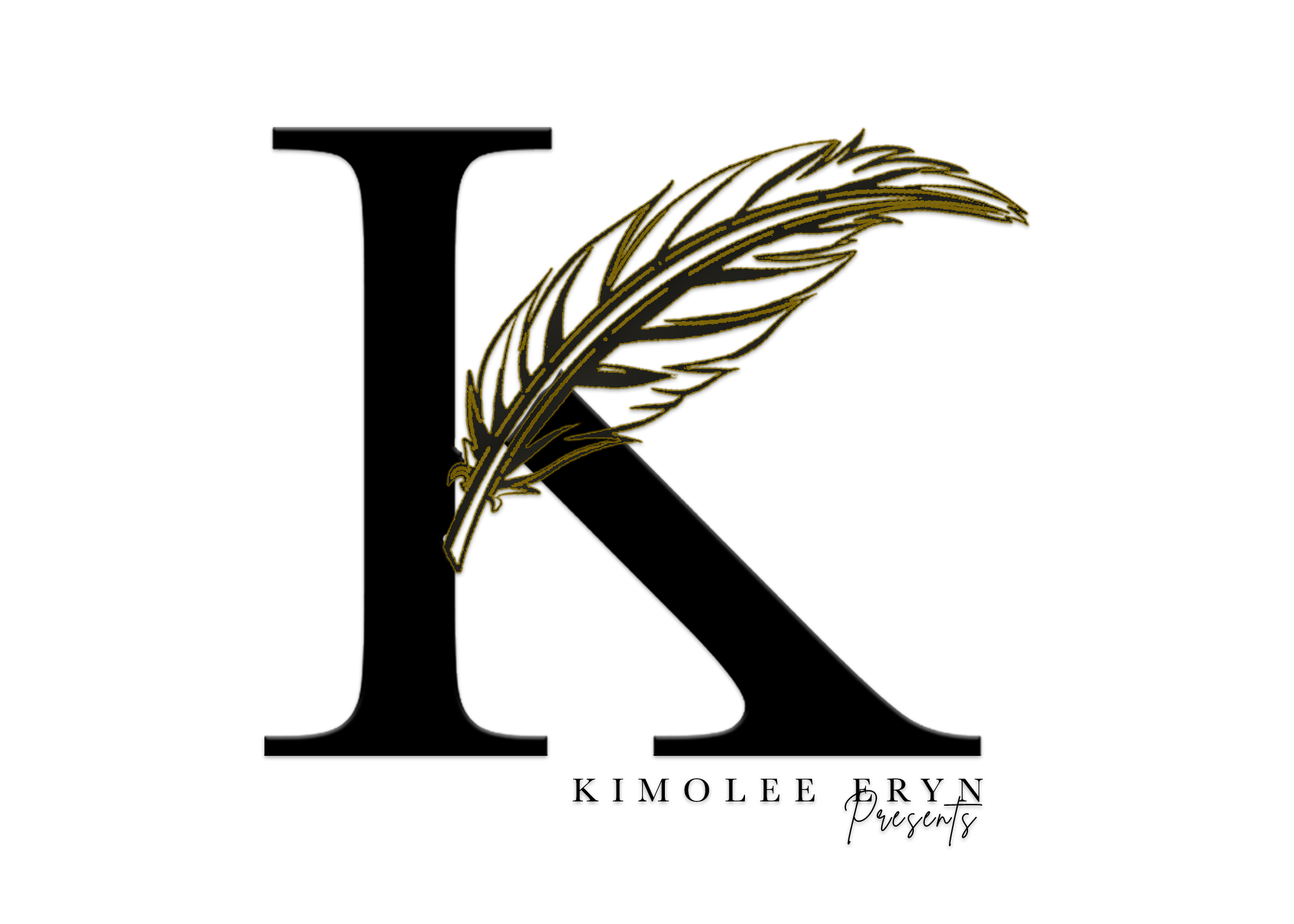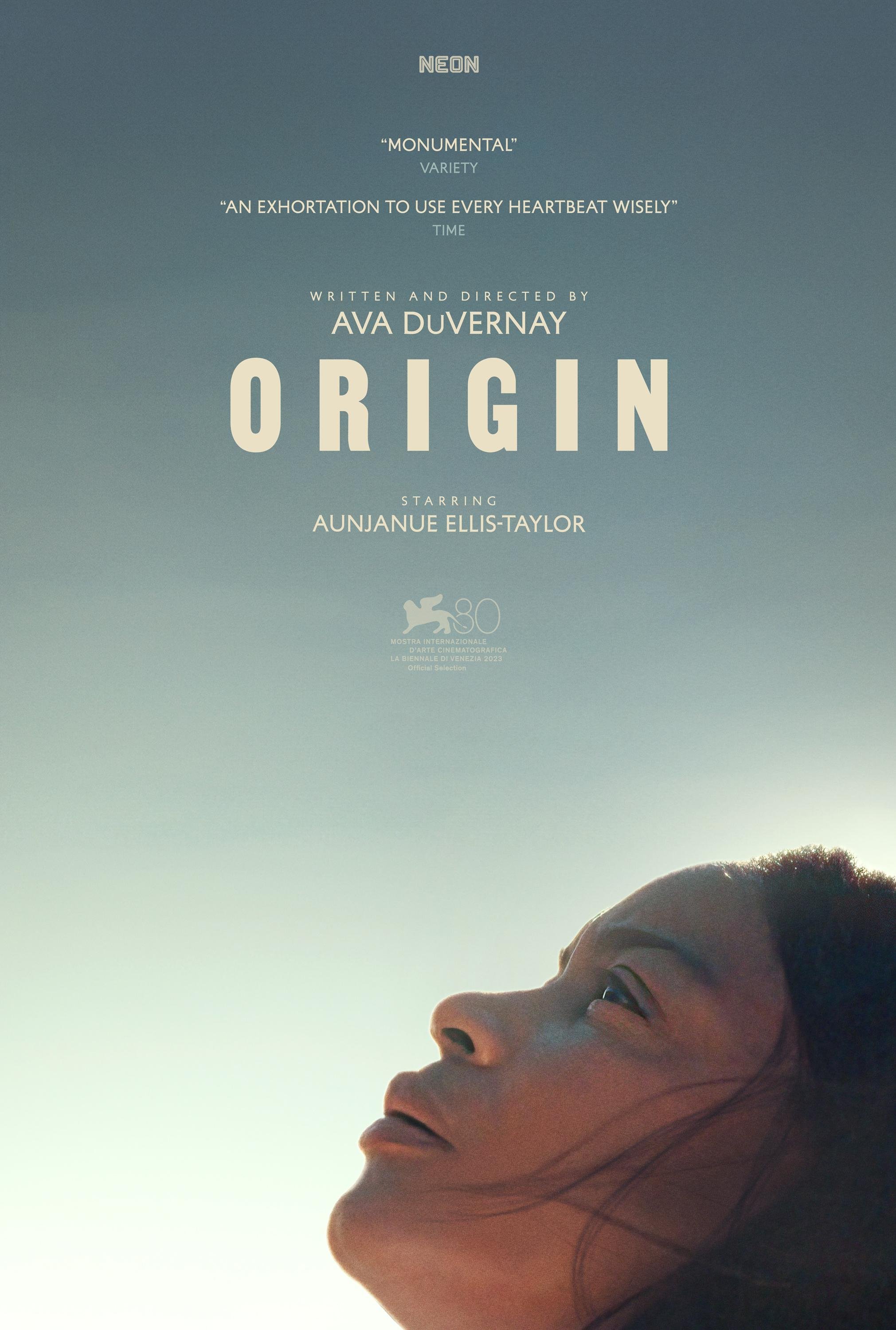A Single Mass: An Origin Review
The delicate coating of truths outlined in Origin, Director Ava DuVernay’s adaptation of Pulitzer Prize winner, Isabel Wilkerson’s Caste, gives life to the notion that “race is not where the line is drawn.” Wilkerson’s work weaves together the atrocities imposed on Jews at the hand of Nazi Germany, the plight of India’s Dalit, and the lives of descendants of Africa in America in a way that we’ve never seen done before. DuVernay gives visual life to these truths that we’ve all known, in a way that will be branded in our hearts and minds forever.
Where the retelling of historical truths usually seeks to divide us, grading one tragic campaign against humanity higher than the next, Origin tethers us together in a single mass. It stretches the boundaries of our empathy, forcing us to see ourselves and each other, beyond the scope of race.
The layering in of Wilkerson’s own boundary-defying love and the loss she endures is the antithesis of the caste systems she worked so brilliantly to highlight, creating a proof positive example of what love without boarders makes possible. Aunjanue Ellis-Taylor and Jon Bernthal champion the relationship between Isabel and Brett, creating a palpable iteration of love that is diametrically opposed to the essence of the systems they sought to expose. Their union is a picture of what you get when you’re inspired to look beyond the ‘worn grooves of routine and expectation.’
The visual representation of the late Trayvon Martin is a brief balm for the grief of a death we mourned publicly without the pleasure of having seen the life that existed prior to his untimely end—still with the stark reminder of what precipitated his loss. Similarly, the depiction of Al Bright in 1951 being humiliated at the pool—as a child without the frame of reference for the moment he was made to maneuver, as the privileged looked on—illustrates the forced coming of age Black children have and continue to endure in America. The addition of Bhimrao Ambedkar’s journey from untouchable child to his heralded return home, creates a parallel between cultures that further proves that race is not where the line is drawn. The depictions of incidents decades apart, and cultures removed—equally dehumanizing at their core, brandishing the stunted growth of our respective nations' humanity, against the backdrop of a world similarly stunted prove that these injustices cannot simply be packaged as racism.
The cinematic shifts from Trayvon’s life-altering moment, to Al Bright’s, to August and Irma’s, and even Betty and Allison Davis’ tells a story of its own—the lens through which we see the injustices of our world sharpens as time moves and inevitably pushes the true core of the isms into focus. As our clarity unfolds, so should our reflections of the times.
The imagery of Trayvon Martin’s final moments overlapping the slaying of the Jewish woman, fading into the Dalit man emerging from the excrement, and cutting to the visual of bare Black bodies stacked together like fish caught in a net creates a provocative through line for our understanding of our shared experiences of inhumanity. It echoes the grief we feel for the plight with which we feel most closely connected—creating a single mass of undifferentiated bodies in a new way. A way that shows us that without the blinders of race, we can and should feel that same grief for others.
Origin is a film layered with defiance: Trayvon’s defiance of where he was supposed to walk and how he was supposed to respond to the manifestation of caste that he was presented with; Isabel and Brett’s defiance of their boundaries in love while championing social justice; The defiance of the Dr. Allison Davis and his wife, the African American anthropologists studying in Berlin as the divide threatened their work and their lives; and August Landmesser’s defiance of his Nazi pledge, traded in for his forbidden love, Irma Eckler—a defiance that allowed him to see her humanity, beauty, and love above all else.
While “caste is not simply hatred,” the defiance we see is born out of a love made pure in sacrifice—a force more powerful than fear. In the end, the only thing truly untouchable is that love and the light it continues to inspire.
Ava’s direction of Origin masterfully adds to the brilliance in direction of Isabel Wilkerson’s Caste, creating an experience so saturated in introspection that one cannot justify sitting on the sidelines of any humanitarian crisis. When any of our freedoms are in threatened by ‘symbols of hate and diets of violence,’ all of our freedoms are in peril.
Origin is currently available to rent or to own on Amazon Prime Video.
Excerpt quoted from the film:
“Caste is not simply hatred. It is the worn grooves of routine and expectation. Patterns of a social order that have been in place so long, it looks natural when it isn’t. Caste is everywhere, yet invisible. No one avoids exposure to its message, and the message is simple. One kind of person is more deserving of freedom than another kind. Freedom to love whoever you want to love. Freedom to go wherever you want to go. Freedom to express yourself however you want to express yourself. Freedom to resist and fight for your human right to do so.”

